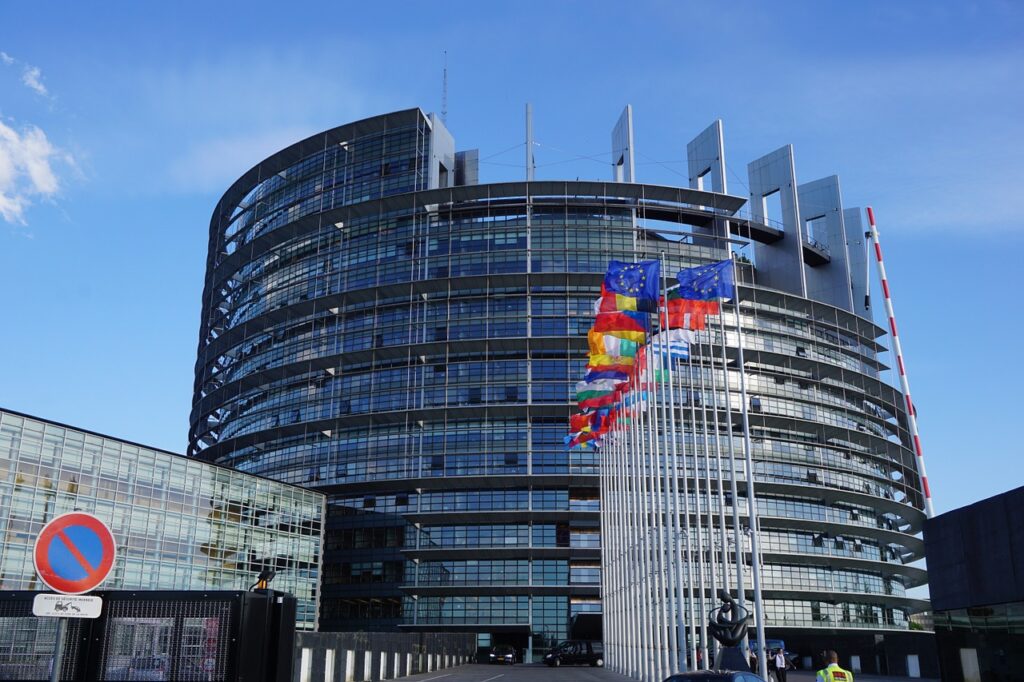MiFID is the Markets in Financial Instruments Directive (Directive 2004/39/EC). In force since November 2007, this directive governs the provision of investment services in financial instruments by banks and investment firms and the operation of traditional stock exchanges and alternative trading venues.
The directive provides through its implementation in national law harmonised regulation for investment services across the 31 member states of the European Economic Area (i.e. the 28 EU member states plus Iceland, Norway and Liechtenstein). The directive’s main objectives are to increase competition and consumer protection in investment services. As of the effective date, 1 November 2007, it replaced the Investment Services Directive (ISD).
The key aspects of MiFID were:
- Authorisation, regulation and passporting: Firms covered by MiFID will be authorised and regulated in their “home state” (broadly, the country in which they have their registered office). Once a firm has been authorised, it will be able to use the MiFID passport to provide services to customers in other EU member states. These services will be regulated by the member state in their “home state” (whereas currently under ISD, a service is regulated by the member state in which the service takes place).
- Client categorisation: MiFID requires firms to categorise clients as “eligible counterparties”, professional clients or retail clients (these have increasing levels of protection). Clear procedures must be in place to categorise clients and assess their suitability for each type of investment product. That said, the appropriateness of any investment advice or suggested financial transaction must still be verified before being given.
- Client order handling:MiFID has requirements relating to the information that needs to be captured when accepting client orders, ensuring that a firm is acting in a client’s best interests and as to how orders from different clients may be aggregated.
- Pre-trade transparency: MiFID will require that operators of continuous order-matching systems must make aggregated order information on “liquid shares” available at the five best price levels on the buy and sell side; for quote-driven markets, the best bids and offers of market makers must be made available. (Note consideration is being given to extending these requirements to other financial instruments. Under Article 65(1) of Directive 2004/39/EC, the European Commission is due to submit a report to the European Parliament and to the Council on extending pre- and post-trade transparency requirements to transactions in financial instruments other than shares by October 2007.)
- Post-trade transparency: MiFID will require firms to publish the price, volume and time of all trades in listed shares, even if executed outside of a regulated market, unless certain requirements are met to allow for deferred publication.
- Best execution: MiFID will require that firms take all reasonable steps to obtain the best possible result in the execution of an order for a client. The best possible result is not limited to execution price but also includes cost, speed, likelihood of execution and likelihood of settlement and any other factors deemed relevant.
- Systematic Internaliser: A Systematic Internaliser is a firm that executes orders from its clients against its own book or against orders from other clients. MiFID will treat Systematic Internalisers as mini-exchanges, hence, for example, they will be subject to pre-trade and post-trade transparency requirements (see above).
While MiFID created competition between these services and brought more choice and lower prices for investors, shortcomings were exposed in the wake of the financial crisis. This in turn led to a review of the directive and the amendments of it in form of MiFID II and MiFIR, which will be covered in detail in the following articles.
